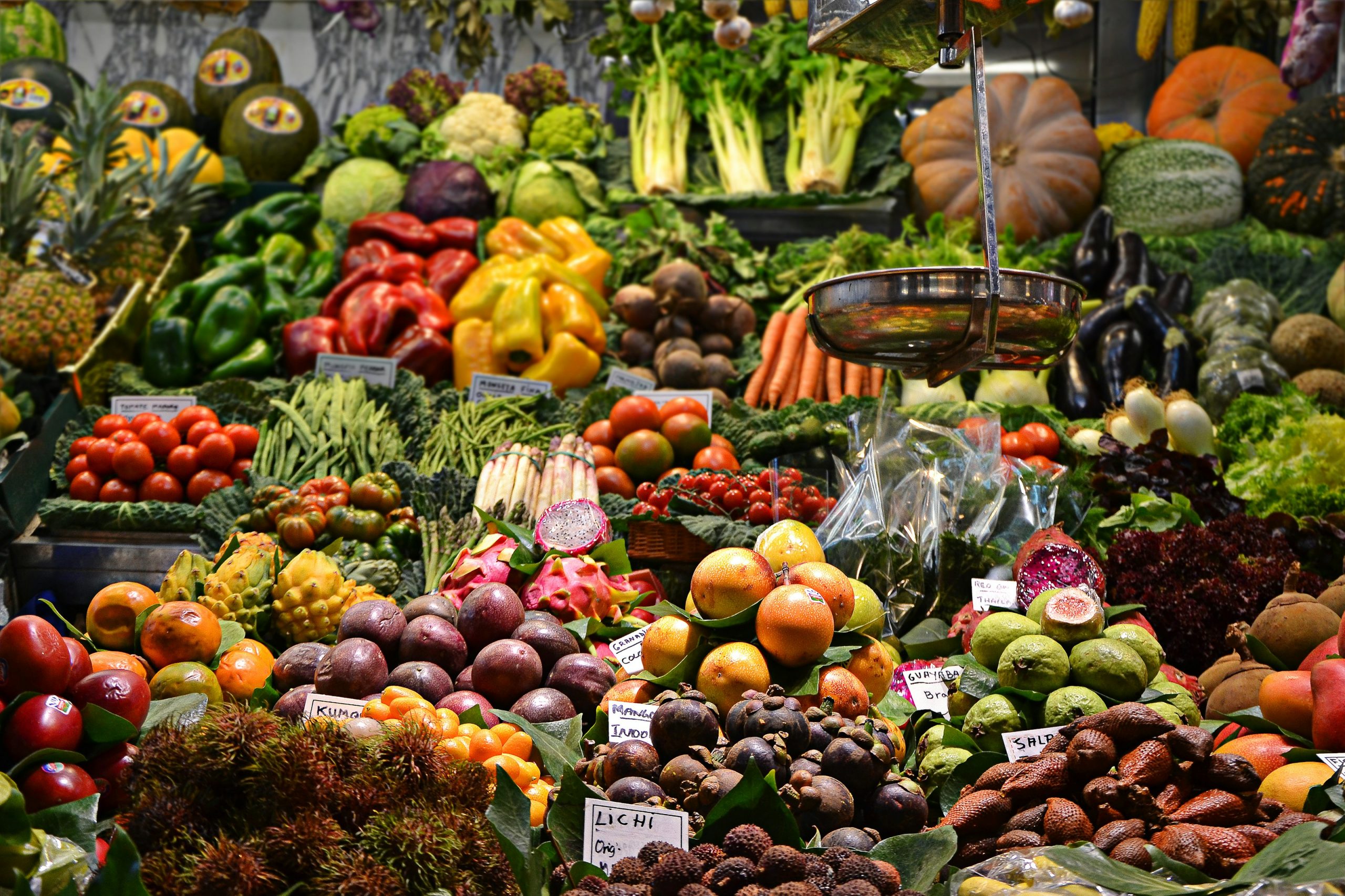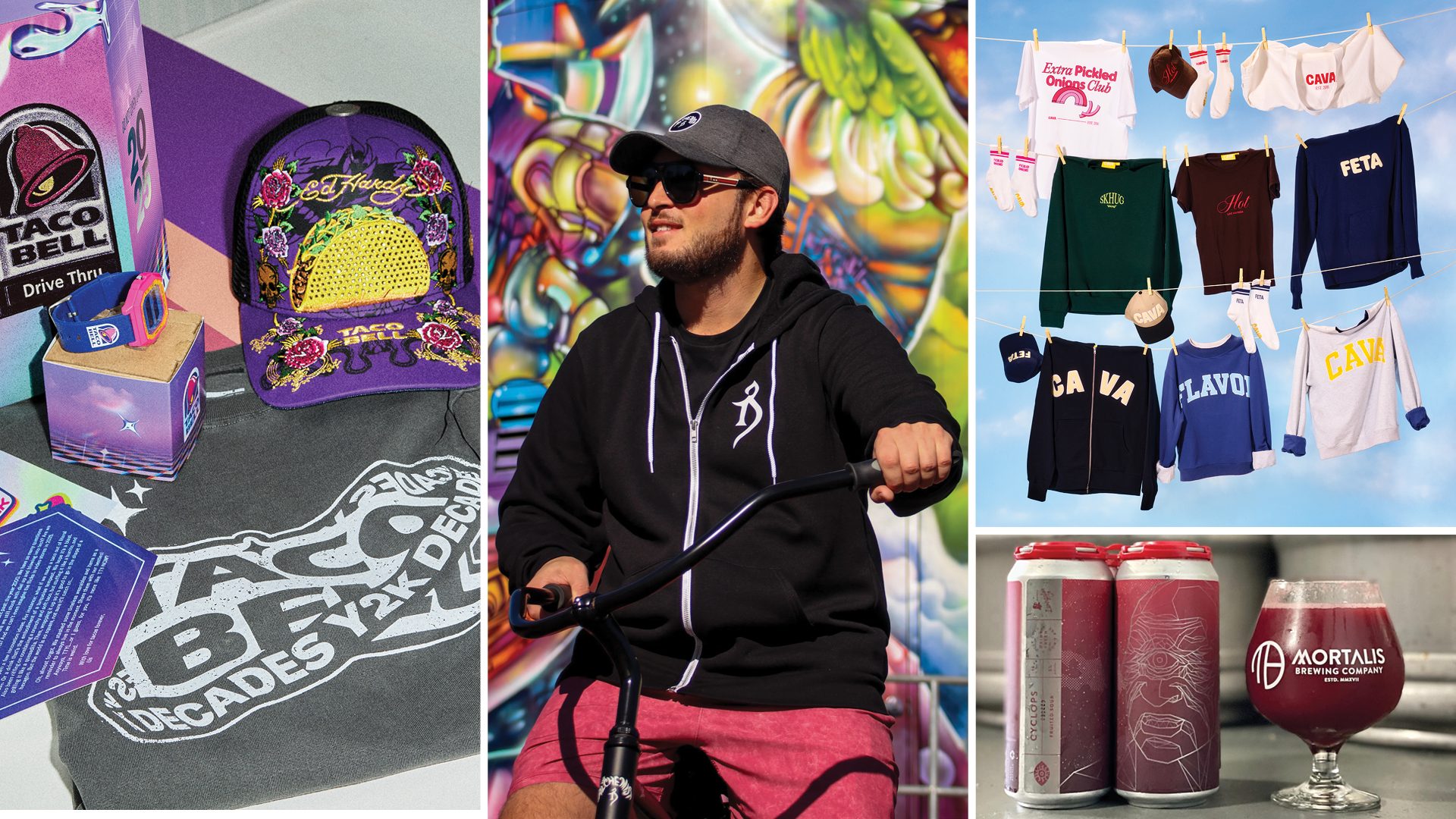In a marketplace flooded with filters, algorithms, and artificial everything, consumers are reaching for something simpler – something real.
That’s the focus of a recent episode of Food for Thought Leadership, where host Chris Campbell spoke with Robyn Carter, CEO of Jump Rope Innovation, about how The Return to Real is reshaping the food industry from retail to restaurants.
In 2025, consumers crave what’s real. As Carter explained, today’s shoppers are increasingly drawn to authenticity, transparency, and human connection.
Overwhelmed by digital noise and complex claims, consumers are rediscovering the value of recognizable ingredients and honest storytelling.
“People want to feel something,” Carter explained. “They want to connect with what’s real – in their food and in their lives.”
“The return to real isn’t anti-tech; it’s about using technology to serve people, not replace them,” Carter said.
Back to Basics in Retail and CPG
Across grocery aisles, the return to real is visible in the resurgence of simple, whole ingredients like butter, milk, and meat. Shoppers are seeking clarity, both in what they buy and in who makes it.
Carter noted that brand storytelling has become a key differentiator: consumers want to know a product’s origin and the people behind it. For retailers, she suggested making cooking approachable by translating social media inspiration into accessible in-store experiences.
“Help people succeed in the kitchen,” Carter said. “Make it easy, not overwhelming.”
Experience and Connection in Foodservice
For restaurants, “real” increasingly means memorable experiences and local connection. Carter pointed to chains like Chili’s that are incorporating local artwork and storytelling to reflect community roots.
“It’s not about spectacle,” Carter said. “It’s about creating something genuine – something guests can connect to.”
The movement extends to wellness, where consumers are rejecting over-engineered “better-for-you” products in favor of whole, authentic foods. Shoppers now scrutinize nutrition claims and demand transparency on sourcing, ingredients, and functionality.
Balancing Innovation and Humanity
Carter stressed that technology, and especially AI, can actually support authenticity if used intentionally. She pointed to Sweetgreen’s AI-enabled kitchens, for example, where automation ensures consistency while freeing employees to engage with customers.
“AI should make our work more human,” Carter said.
From farm-to-table storytelling to tech-enabled personalization, Carter believes the “return to real” represents a long-term shift in values: clarity, connection, and authenticity are now the ultimate brand differentiators.
“People are done with the over-engineered,” she said. “They want food, stories, and experiences that feel honest.”
Food for Thought Leadership
Food for Thought Leadershipco-host Chris Campbell sits down with Robyn Carter, founder and CEO of Jump Rope Innovation, to explore the concept of the “return to real” in today’s food industry. With so much of life filtered through screens, algorithms, and ad-driven messaging, consumers are now seeking real food, real stories, and real connection. Robyn lays out how this trend is reshaping not only what we eat, but how we shop, dine, and engage with brands.











